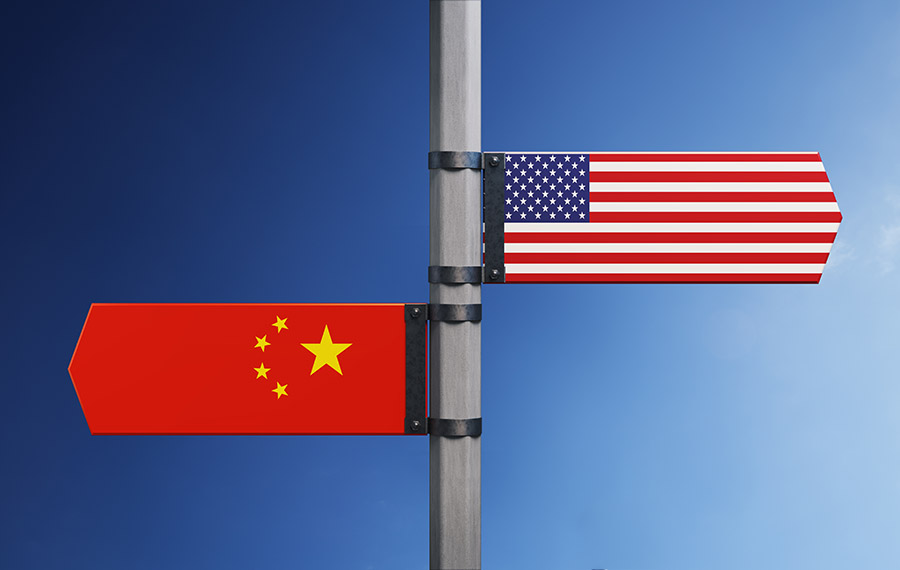Fan Jishe, Professor, the Central Party School of Communist Party of China
Jun 24, 2021
Three major matters underpin the future of China-U.S. relations. First, there is no such thing as a destiny of doom as presented in the concept of the Thucydides trap. On the contrary, the future of the Sino-U.S. relationship is largely up to both countries to assess, determine and choose.

Wang Jisi, Professor at School of International Studies and Founding President of Institute of International and Strategic Studies, Peking University
Jun 23, 2021
The United States and China are embroiled in a contest that might prove more enduring, more wide-ranging, and more intense than any other international competition in modern history, including the Cold War. In both countries, fears have grown that the contest might escalate into open conflict.
Richard Javad Heydarian, Professorial Chairholder in Geopolitics, Polytechnic University of the Philippines
Jun 22, 2021
Southeast Asia’s coalition of small-to-medium sized nations have hosted superpower conflicts, yet they are overshadowed by larger regional powers on the global stage time and time again. American leadership will struggle to find welcoming allies there without a drastic upgrade in its dealings with ASEAN member nations.

Ted Galen Carpenter, Senior Fellow, Randolph Bourne Institute
Jun 22, 2021
Efforts to placate both the United States and the PRC are proving ever more challenging, as the recent Group of Seven and NATO summits have shown.
Li Zheng, Assistant Research Processor, China Institutes of Contemporary International Relations
Jun 21, 2021
The problem of an aging society afflicts both China and the United States, and there is plenty of room for cooperation to address common interests. As the demographic trend continues, the impact on their respective agendas will only become more pronounced.

An Gang, Adjunct Fellow, Center for International Security and Strategy, Tsinghua University
Jun 10, 2021
As the Biden administration heads into the second stage, clear steps are visible: Clear out the negative Trump legacy, tighten global strategy, coordinate with allies to curb China and prioritize climate change in China-U.S. cooperation. Some things differ from Trump; others are the same or expanded.

Zainab Zaheer, Development Consultant
Jun 10, 2021
Katherine Tai’s appointment as the top economic negotiator for the U.S. may signal America’s overall direction in trade relations with China, but Tai’s actions have yet to reveal clear steps forward.
Doug Bandow, Senior Fellow, Cato Institute
Jun 10, 2021
China and the U.S. share misguided illusions of the other that remain unproductive and even dangerous. Both governments must strive to see each other clearly and cooperate in the face of increasing public hostility.

Li Yan, Director of President's Office, China Institutes of Contemporary International Relations
Jun 07, 2021
Using the buzzwords “compete, collaborate, confront” to express the U.S. approach to China is inadequate, as they fail to take nuances into account. In fact, the 3C framework has led to the Chinese view that Biden’s approach is too negative and has only added to the complexity of relations.
Wu Zurong, Research Fellow, China Foundation for Int'l Studies
Jun 07, 2021
It would be a blessing to the world if China were simply supported in its peaceful development. But the opposite is happening. For months, the Biden administration’s approach has attempted to contain China’s rise. Troubling consequences are emerging.
Back to Top

- China-US Focus builds trust and understanding between the U.S. and China through open dialogue among thought leaders.
- Our Offerings
- Topics
- Videos
- Podcasts
- Columnists
- Research Reports
- Focus Digest
- Stay Connected
-
Thanks for signing up!
- Get the latest stories from China-US Focus weekly.